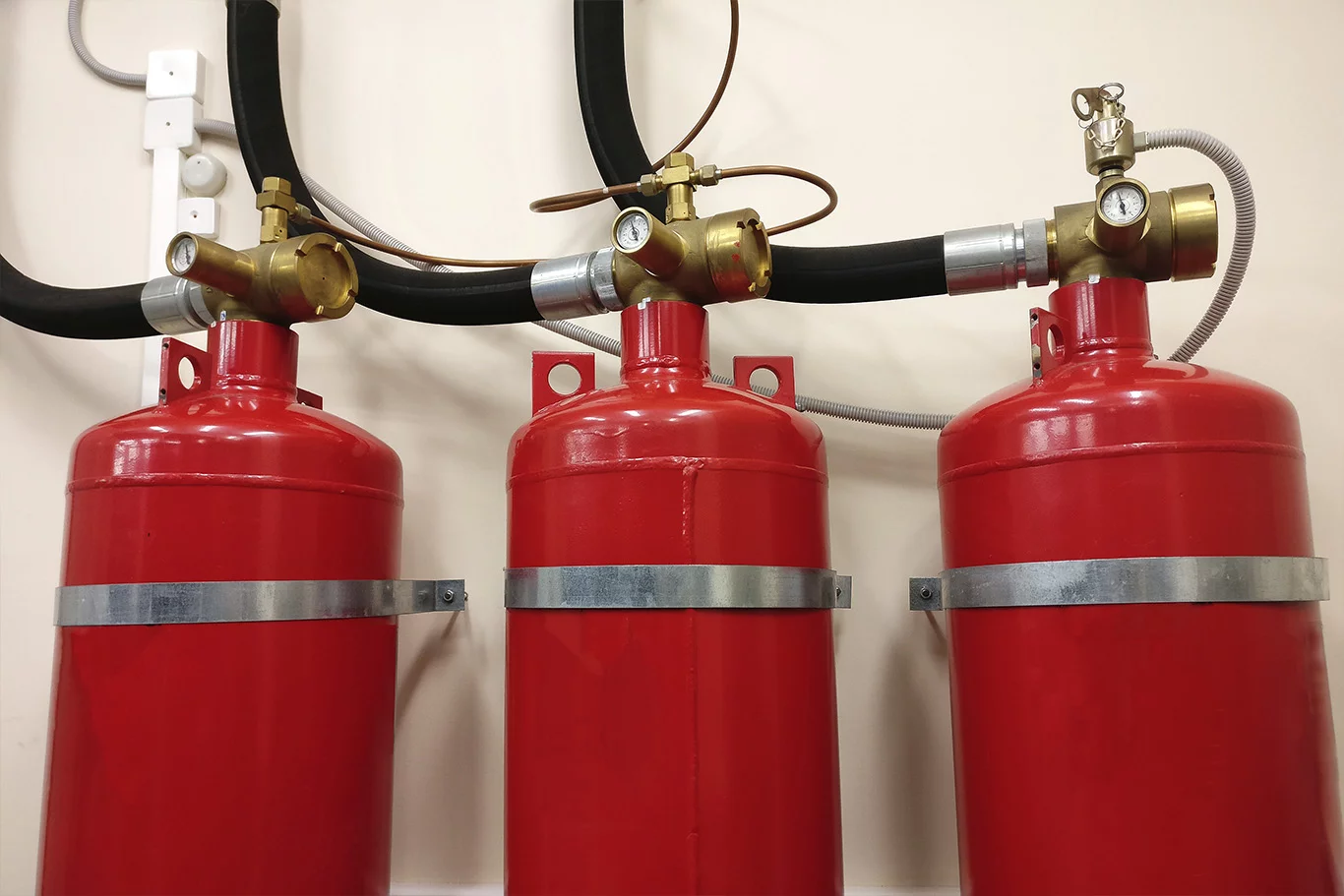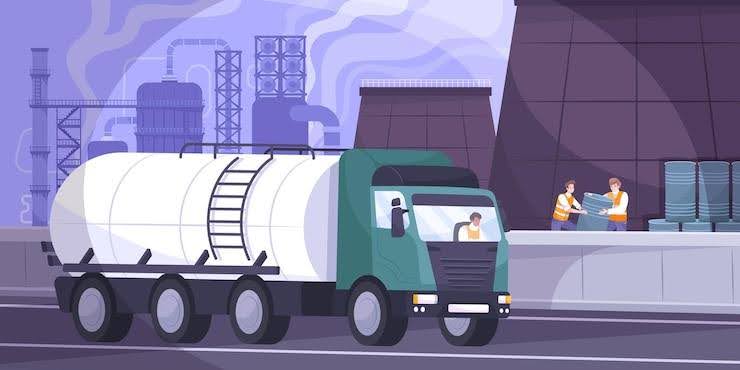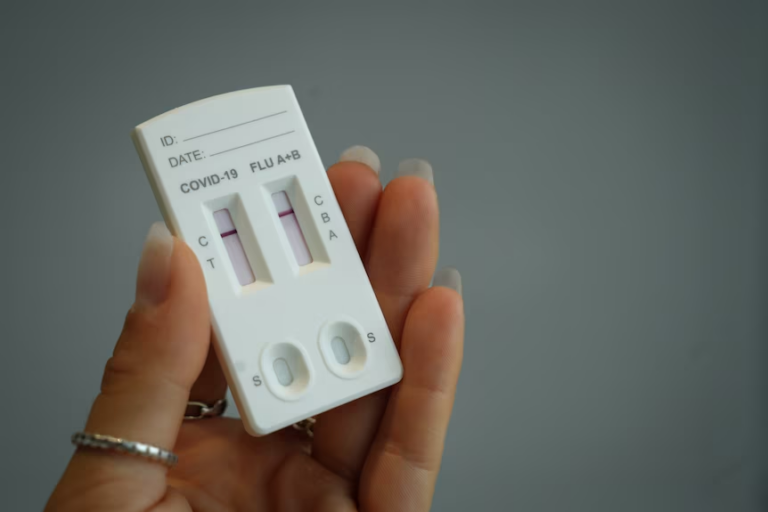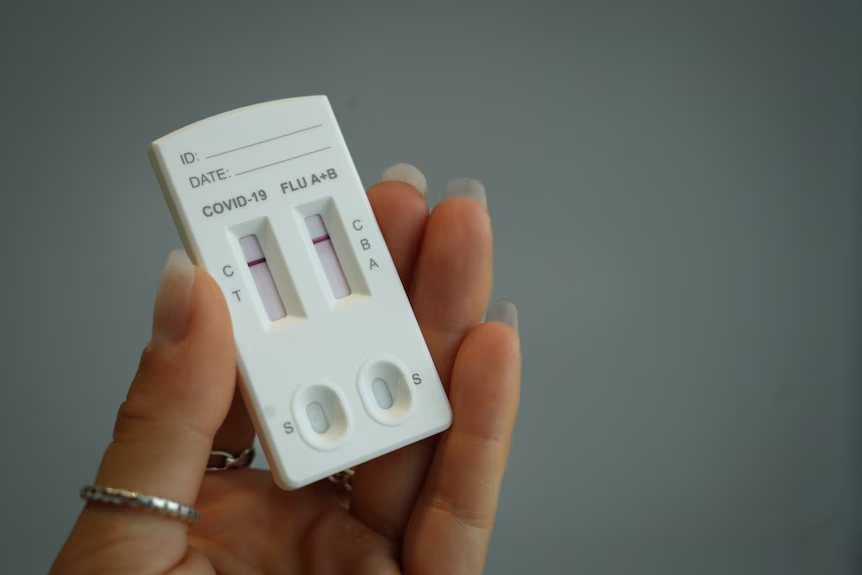Fire is a cause of ruining possessions and putting lives at risk in a matter of seconds. In order to minimize these kinds of accidents, many companies and buildings have installed fire suppression systems. Such systems are set to detect and control fires automatically, even before the arrival of human intervention.
They support the safety of workplaces, residences, and public areas significantly. They not only minimize the damage incurred but also assist in the preservation of the valuable assets.
Let’s discuss the main pros and cons of fire suppression systems.
Advantages of Fire Suppression Systems
Take a look at their most important advantages:
1. Fast Fire Detection and Control
These systems can sense smoke, heat, or flames within seconds. They automatically release the extinguishing agent to stop the fire before it spreads. This quick response can make a huge difference, especially in places where people or expensive equipment are present.
2. Saves Lives and Reduces Damage
Fast action translates into less property damage. They also confine the fire at an early stage, which means less chance of injury or even death.
3. Works Automatically
No human is required to be there for the system to function. It goes off the moment the sensors perceive a danger. This type of automation provides a sense of security, particularly at night when the business is closed or in areas that are difficult to access.
4. Ideal for Many Environments
The systems mentioned above can be set up in workplaces, production units, eateries, and computer server rooms. A horizontal fire suppression system is suitable for expansive areas such as storerooms or workshops where fires can spread on the surfaces. It makes sure the whole area is covered and controls the fire quickly without requiring any manual operation. Such systems are suitable for large setups where protecting every part is of utmost importance.
5. Minimizes Business Downtime
A fire incident can lead to a complete shutdown of business activities for several days or weeks on end. Suppression systems will hasten the control of damage, thus allowing the business to resume sooner. This is beneficial for factories, retail stores, and tech companies that cannot afford to lose time due to non-operational hours.
Disadvantages of Fire Protection Systems
Even though these systems are extremely useful, they still have some disadvantages. Some of them are listed below:
1. Installation Costs are High
The installation could cost a lot, especially if it is a large building or involves installing a specialized system. However, for the sake of long-term protection and safety, this cost is often worth it.
2. The System Requires Regular Maintenance
The system is required to undergo checks and tests regularly. As sensors, pipes, or extinguishing agents might need to be replaced over time, it is important to have the upkeep done. If maintenance work is neglected, the system might be less effective when it comes to dealing with a real emergency.
3. Coverage is Limited
A certain area or zone may be the only one covered by some systems. In case a fire breaks out outside that zone, it might not be suppressed in time. This is why careful planning of the system layout before installation is so very important.































